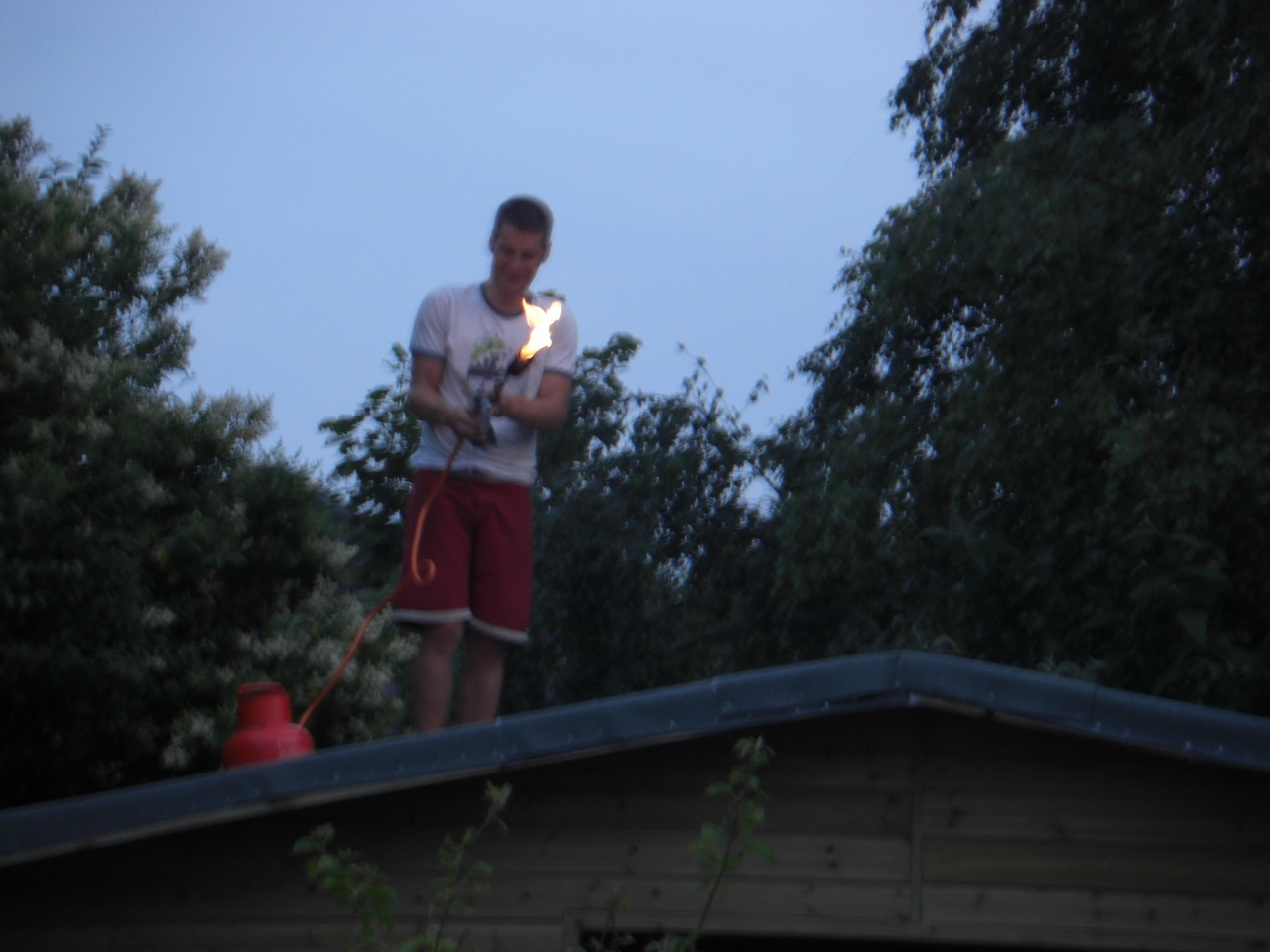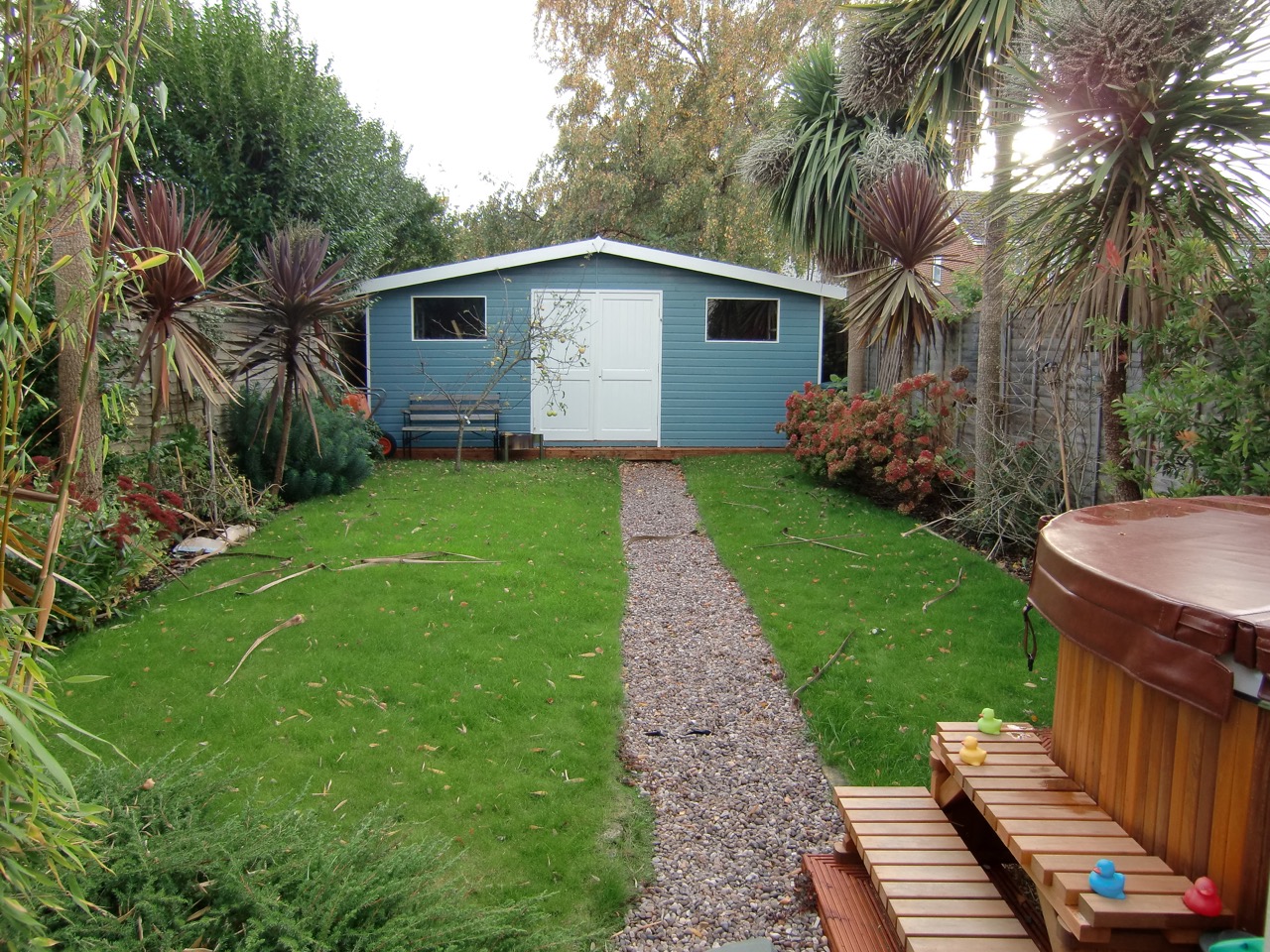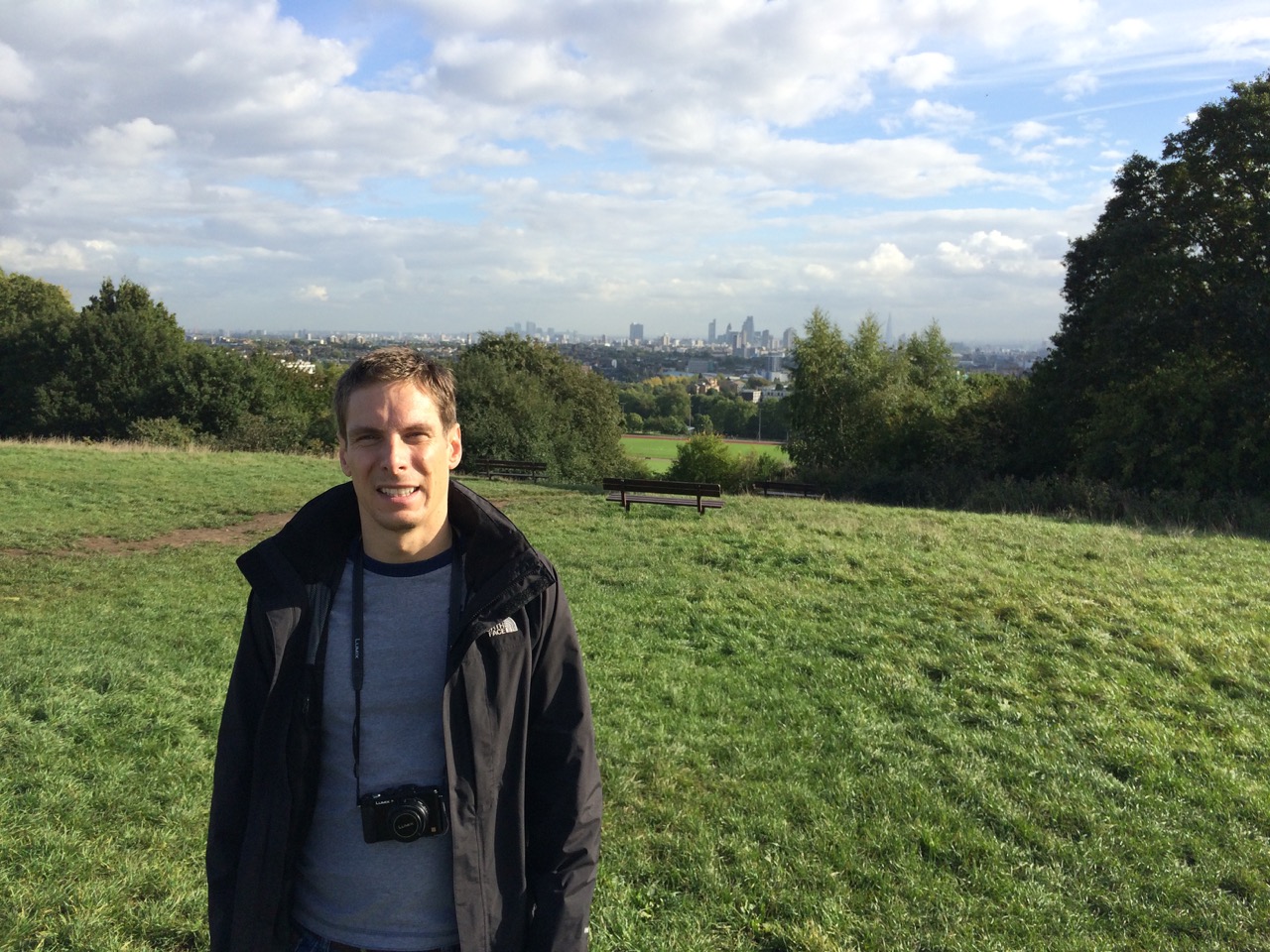This is a story of a culture that is destroying people's mental health and lives...

Management by balance-sheet, bean counters, spreadsheet jockeys and "yes" men and women are joining a set of executives who do everything in their power to abstain from any of the hard work and responsibility that is necessary in the world.
We have all heard horror stories of people being sacked by text message. In fact, skilled workers, professionals, have been steadily robbed of their worth and self-esteem since powerful rich men, behind closed doors in gentleman's clubs were allowed to asset strip British industry. The practice continues today, as companies are allowed to be headquartered in the UK, but are offshoring all the jobs for cost reasons, and are draining the wealth of the nation.
Europe is fast becoming little more than a tax haven for global businesses, with billions, if not trillions of dollars of profits being pushed through legal entities that have little reason for existence other than to evade the taxes that these companies rightfully should pay to the countries that they have extracted the profits from.
Luxembourg is the most obvious example, but Ireland has recently jumped on the bandwagon. The amount of tax that is paid by Vodafone (group HQ is Luxembourg... funny that, considering that Newbury, UK is where I thought they were founded?) or Apple and Amazon (taxed via Irish legal entity... I know Apple Maps is rubbish but it's a long way from Silicon Valley?) is a pittance. The amount of profits that these companies make is disgusting, versus what they pay as percentage of their gross profits.
However, maybe there is a good reason for all of this?
When I became unwell, and asked good old UK government for support - as somebody who has always paid my full taxes, has no offshore bank accounts, has never tried to evade or avoid taxes - I found that there was worryingly little of a safety net there.
I went to my doctor (General Practitioner, or GP for short, here in the UK) and had a 30 second conversation about what was going on in my life.
"Have you heard of Fluoxetine"
Well, yes, I have heard of Fluoxetine. It's the generic name for Prozac, which is an antidepressant from the 1980s. What the hell is my doctor doing dishing out 25 year old pills to somebody who they have taken 30 seconds to get to know? Well, we know that the NHS is extremely cost pressured, given that we have to give such large tax breaks to profitable billion dollar companies and make sure that we don't take too much inheritance tax from dead multi-millionaires. Oh, and we need nuclear atomic bombs too. Yes, we need to make sure we can always annihilate every person on earth at the flick of a switch.
Luckily for me, I walked away from a course of powerful psychoactive medication, that has been proven in long-term studies to be less effective than placebo. It also takes 6 weeks to take effect. My episodes of depression tend to be about this long anyway. Also, SSRIs make you fat and destroy your sex life, as well as blunting your emotions and generally making your sh1t life even more sh1t, but you'll be too doped up to even realise, unless you ever emerge from the chemical haze.
I'm pretty upset about this, if you hadn't picked up on that.
Another thing that is very annoying is that, as anybody who takes a few more minutes to get to know me will tell you, I'm certainly not what you might term unipolar. My life is littered with examples of radical mood swings. Catch me at a certain time, and you will see my racing thoughts, pressured speech, lack of sleep, intolerance of dimwitted twits, and evidence of my wacky projects.
One day I whimsically decided to knock down my shed, order a load of wood from a sawmill and build a giant beach hut summer house thing in my back garden. Somebody suffering from unipolar depression does not normally do such a thing, according to the DSM-IV/V.

I had to learn all about Google Sketchup, so that I could design the thing, learn about different types of timber, wooden building construction techniques, roofing techniques, planning laws governing outbuildings, estimate how much I would need in terms of materials, locate a sawmill, find a roofing supplier, get a chop saw, nail gun and roofing blow torch (the most fun tool of all).
At no point did any of this seems slightly strange or beyond my capabilities, as a spotty IT nerd who did little more than turn coffee into software for a living, by pressing buttons on a computer, in a comfortable air-conditioned office.
Working around-the-clock seemed perfectly normal too. I remember one neighbour pointed out that the sound of nails being hammered at 9pm was not helping him to study for an English exam... but how are you supposed to hammer quietly? I did try and hammer more considerately, but it seemed more considerate to simply get the project done as fast as possible (I think I took 3 days to complete the structure) given that I didn't know the sleep patterns of everybody within earshot.

So "Mega Shed" as she was affectionately known, appeared at the bottom of my garden in under a week, at a cost of £700. An ordinary week in anybody's life? Well it's hard to judge from an internal point of view, as you can't step out of your own mind and view yourself as others would.
Naturally, friends, colleagues and family are always impressed by a person's industriousness and ingenuity, so I saw no real reason to back off the gas. When the world rewards you for efforts, this reinforces your belief that what you are doing is sustainable.
I then decided to sit in my garden and read a huge stack of books on Quantum Mechanics. This then progressed to me reading every paper that looked interesting in Cornell University's online archives. Naturally, I then started emailling a bunch of the authors, and getting engaged in particularly interesting email based discussions with people around the world about De Broglie's Matter Waves (Pilot Wave theory) which looked a hell of a lot more elegant than all that Standard Model crap that couldn't be unified with General Relativity.
Instead of being discouraged, I found academics to be kind, indulgent and generous with their time. I took things too far, of course, and wrote a paper on the measurement of collapsing Quantum States in an entangled system, spread over a physical space larger than the light-cones of the particles being measured. Standard Quantum Eraser type stuff. I even tried to get it published. Lolz.
At no point did anybody actually directly say to me "you seem to be as mad as a box of frogs on acid with lasers coming out of their nostrils" so I kept digging myself into a deeper and deeper thought hole until I sank into another depression, with no idea what had just happened to me.
The thing is, it's fairly entertaining, enthralling, to watch somebody who is hypomanic. In our age of Big Brother and myriad reality TV shows, we seem to think that it's OK to be a spectator in somebody's spectacular life.
We seem to think it's OK to sit back and watch somebody go absolutely bezerk. It's that person's fault, right? Or maybe it's not their fault, but it's not your responsibility... that would be somebody else? Maybe doctors? Maybe the police? Maybe the council? I don't know... I'm just going to watch - because this is just too horrible to miss a minute of - and I can't tear my eyes away this is just so awful, somebody should do something about it, but not me, and not yet because I'm really getting into this. Brilliant. Who needs TV anyway?
I don't think that I'm not personally responsible for getting unwell, but I don't think that people know how to help, really. I don't think that people are particularly incentivised to help either. We have a very isolated existence. We don't know our neighbours, we don't trust strangers, we ring the police to deal with things that we used to work out between ourselves, we expect our doctors to give us magic beans to cure all society's ills.
So, today is World Mental Health day and World Homeless Day. I can tell you, from personal experience, that mental health issues can lead to homelessness. When I was discharged from hospital after a suicide attempt, I was given 2 weeks accommodation, and I was expected to use that time to arrange my own accommodation. I went to the council offices with a letter from my doctors, explaining that I was extremely vulnerable and that I should receive urgent assistance. The person I spoke to then went on holiday and that was the last I heard of it.
I don't blame the system or the people. People are trying to do the best that they can, but there are so many people in need of assistance, and so little money, because we are fixated on helping the rich to get richer, rather than supporting the most vulnerable members of society. I'm not even angry about it. Living in the Royal Parks and on Hampstead Heath was an eye-opening education for an extremely highly qualified and well educated guy who fell on hard times. If you think I chose to become homeless, then f**k you, you ignoramus.

Yes, I could have sold my camera, but I wanted to document what happened to me and I already sold all my other possessions to support myself. When will you be satisfied? Sell my clothes? Locking me up for being naked will be expensive (June 2014)
Tags: #mentalhealth #bipolar #depression #homeless #sex #banking #career #london #culture
